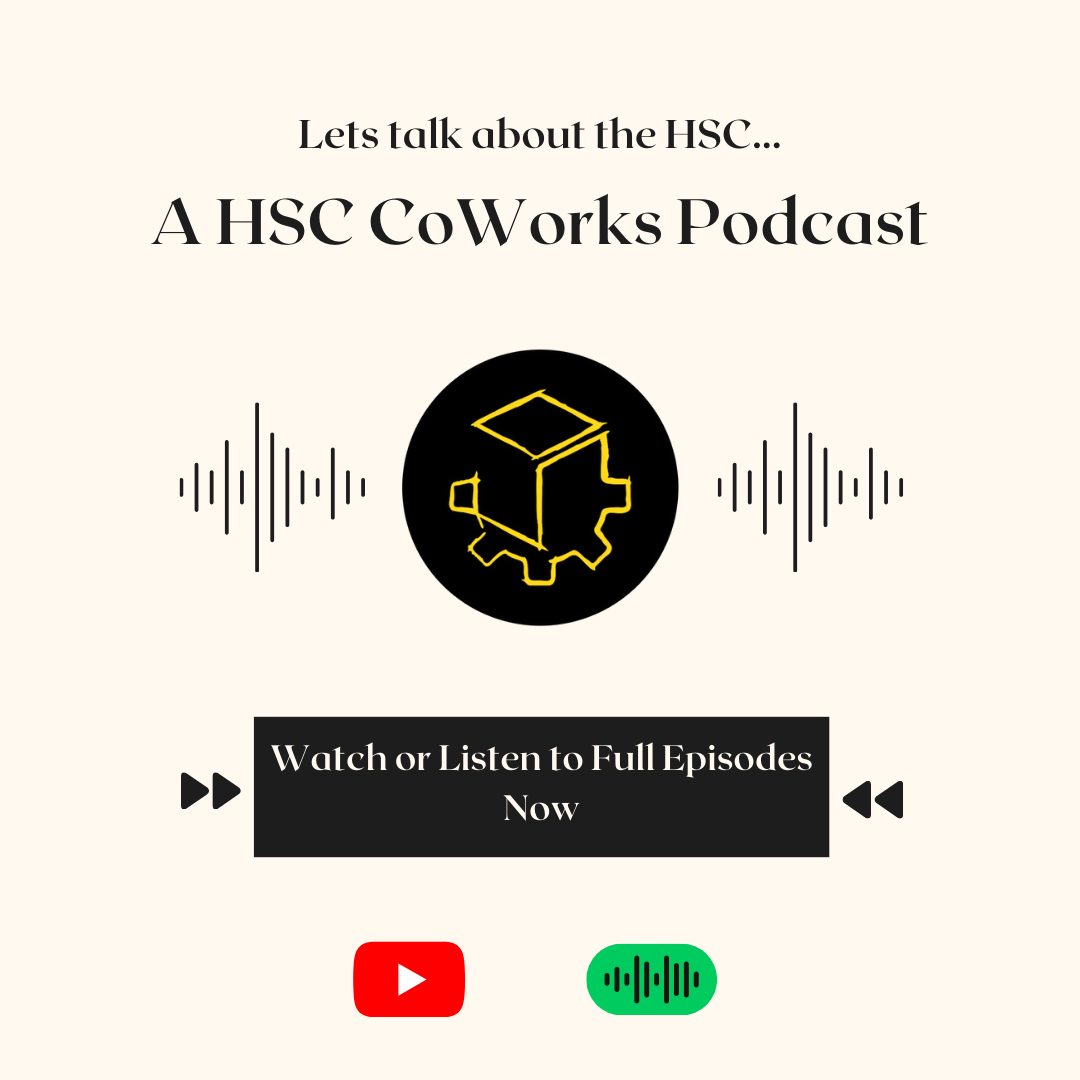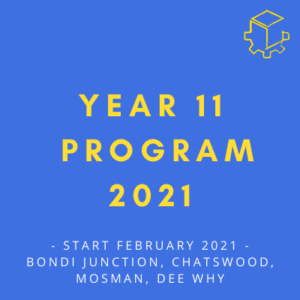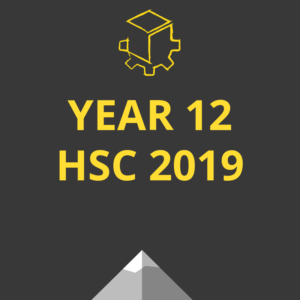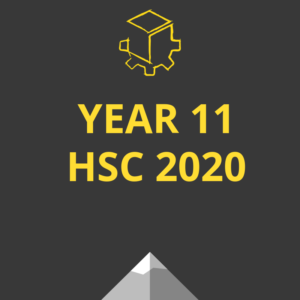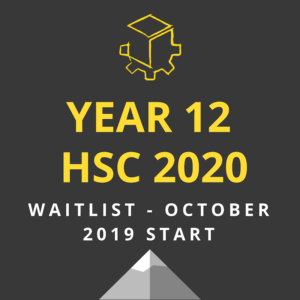If you’re an English Extension Two student, think about what you can get done these holidays.
Senior Coach Nechama Bass shares her insights and tips on the preparation of your English Extension Two Major Work…
It goes without saying that each English Major Work follows its own path to completion – that being said, there are certain milestones you can aim for by the end of these holidays. Maybe you know exactly where you want to be with your Major Work by the time school starts but if not, consider these suggestions:
- You’ve probably already done some kind of a Viva Voce or proposal but make sure you’re really clear on your concept, audience, purpose, form etc (you know the headings they give you)! This will give your work a lot of direction, and you much guidance.
- Aim for a substantial beginning with the writing itself. Obviously the length will depend on the form you’ve chosen but I would recommend having about a third of the thing written, even if it’s rudimentary. Trust me, time will get away from you next year and the more you get done these holidays, the better your base will be for next year.
We all like to think of our English Major Work as our baby (at least, that’s how I thought of it). What can you do to stand out and make sure that it’s your baby that’s read, appreciated and well regarded? These are some of the things I used to do; I know the extra work was reflected in my end product, as it will be in yours.
- Read from a wide range of sources – novels, literary magazines, blogs, literary criticism, anthologies etc. The New Yorker and The Atlantic are two good examples. This will give you a better idea of the styles you prefer and would like to emulate.
- Always keep the ideas you’re learning in English Extension 1 in the back of your mind. Your work will be imbued with greater sophistication if you can incorporate thoughts from your module in even the subtlest of ways.
- Have a look at the anthologies of past Extension Two Major Works (the Young Writer’s Showcase). Even a quick perusal is invaluable in showing you the possibilities for experimenting with form, structure, voice, characterisation etc. And you’ll know what you’re up against…
- Really use your mentor, even if you find an unofficial one. Third-party input, especially from someone with experience and literary insight, will offer you different perspectives and inspiration.
- Your journal and annotated bibliography can sometimes fall by the wayside when you start writing. Even though it’s not marked at the end, it will help your internal marks along the way and so it’s important to keep it updated and detailed.
How can we help you at CoWorks?
- Ask us about resources. Between us we’ve all read lots of books and seen lots of movies and can probably make some useful suggestions on where to go.
- If you’re having trouble staying accountable to your goals, consider asking us for a planning session. We can help you set the all-important goals and deadlines that make up the other, less glamorous side of completing a Major Work.
- You can submit your work online or ask for coaches’ feedback during sessions – seek objective opinions!
And as the great man Hemingway himself said: “the first draft of anything is shit.” Well, not necessarily…but the point is just to start.

